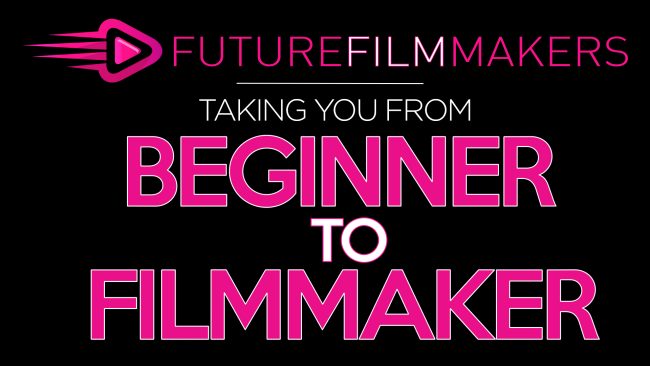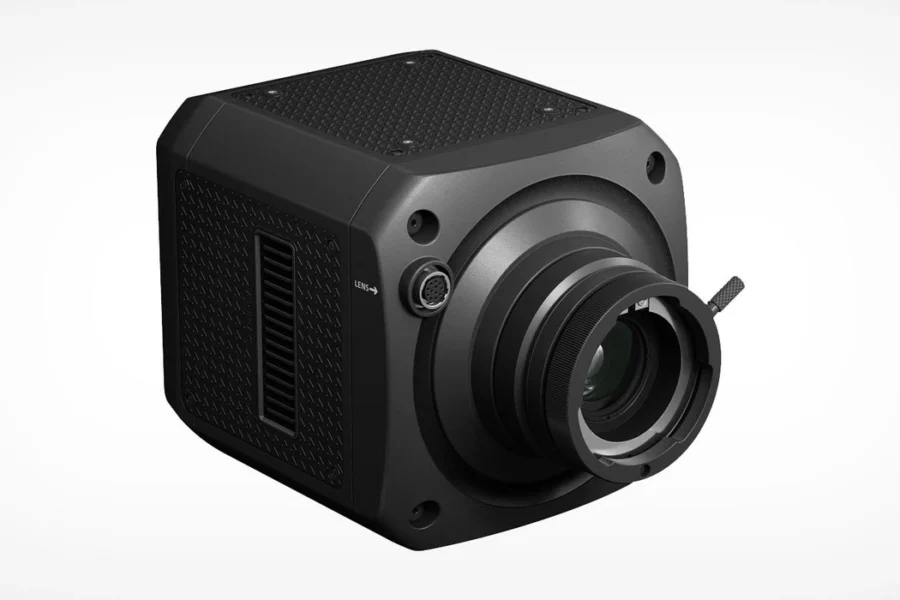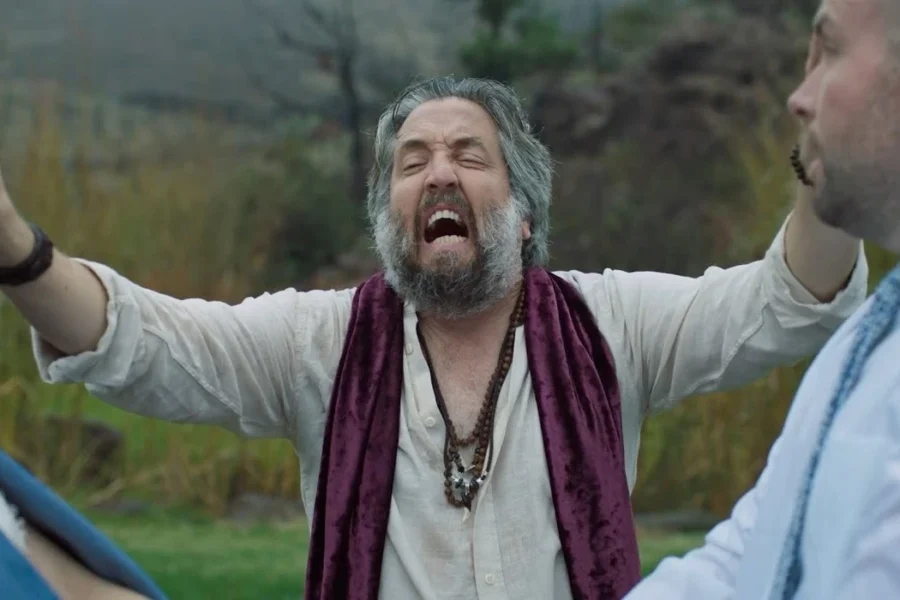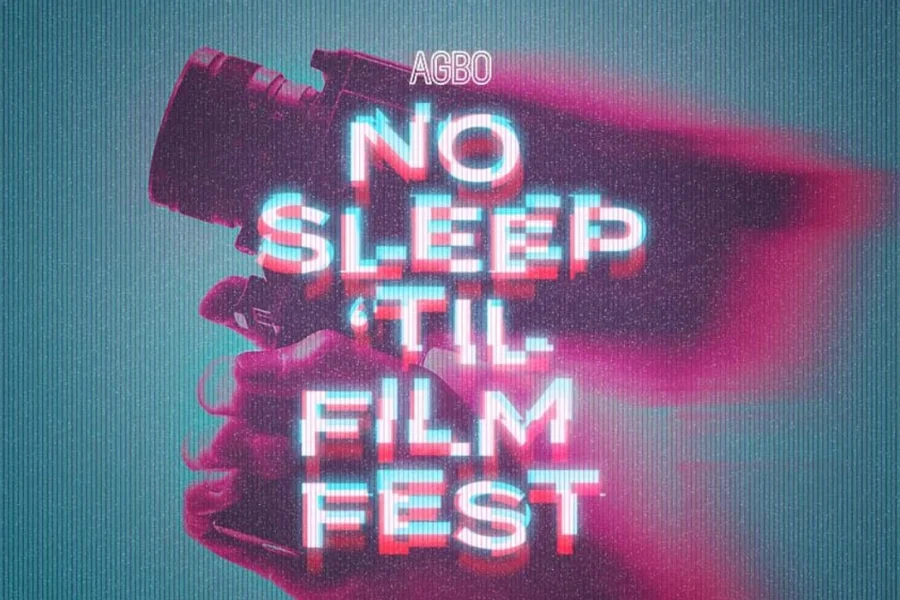With the anticipation building for director Greta Gerwig’s upcoming film “Barbie,” a hilarious meta-comedy that brings the beloved Barbie doll into the real world, it seems that Mattel has stumbled upon a gold mine at their El Segundo, CA factories, poised to dominate Hollywood for the next decade.

Mattel Wants Filmmakers To See Franchise Opportunities in All Its Toys
free ae templates free share ae downlaod free envato market free videohive free stock video free after effects templates

Mattel knows the value of its IP.
With the anticipation building for director Greta Gerwig’s upcoming film “Barbie,” a hilarious meta-comedy that brings the beloved Barbie doll into the real world, it seems that Mattel has stumbled upon a gold mine at their El Segundo, CA factories, poised to dominate Hollywood for the next decade.
While Barbie has an undeniable history and legacy, Mattel possesses other intellectual properties that have the potential to become sensational hits in the entertainment industry. Currently, J.J. Abrams is working on a movie centered around the popular Hot Wheels toys, and Vin Diesel has eagerly announced his next creative endeavor: a film adaptation of Rock ‘Em Sock ‘Em Robots.
So, how did this toy giant make its way into the realm of Hollywood?
The answer is surprisingly straightforward.

Intellectual Property is Leading the Industry
In today’s entertainment industry, intellectual properties hold immense power. From iconic characters like Willy Wonka to the ever-expanding Marvel universe, companies and audiences gravitate towards familiar content.
Richard Dickson, the President and Chief Operating Officer of Mattel, emphasized the significance of brand immersion, stating, “The brand immersion is the everything moment.” Mattel, renowned for its extensive collection of toy brands that have shaped childhood play and imagination, recognized the need to adapt to a changing culture, especially after the bankruptcy of Toys R Us, which resulted in a significant loss of three hundred million dollars.
Ynon Kreiz, the head of Mattel, possessed a children’s entertainment catalog that ranked second only to Disney. To overcome the financial setback, Kreiz formulated a thesis that would guide Mattel in becoming an IP powerhouse, effectively managing franchises. While the concept was not entirely novel for Mattel, Kreiz’s fresh approach aimed to minimize potential missteps, reminiscent of the skepticism faced in 2008 when the press ridiculed the idea of adapting games like Monopoly and Candy Land into movies (although recent news of Tim Story’s development of a Monopoly film with Kevin Hart has somewhat changed perceptions).
Now, Mattel embarked on a new venture, taking control of the films featuring its products rather than relying on external studios like Warner Bros. or Sony. This strategic shift allowed Mattel to closely align movie adaptations with its brand and maintain creative authority over the intellectual properties they had nurtured.

What’s Next for Mattel?
While Barbie has already proven to be a successful venture for Mattel, generating countless memes and dominating TikTok with its dedicated hashtag, the company is now exploring how to collaborate with filmmakers in a collaborative and amicable manner, as mentioned by Jeremy Barber, the agent of both Greta Gerwig and Noah Baumbach at U.T.A. The goal is to create stories that resonate with audiences and capture their interest.
Given the current nostalgia wave, developing films based on well-known toys like Hot Wheels and other memorable playthings appears to be a more secure choice than pursuing entirely original concepts. The directors of The Lost City, Adam and Aaron Nee, are currently in discussions to kickstart production on a Masters of the Universe movie. Intriguingly, the Nee brothers themselves had played with these toys during their childhood and even created short films using their neighbor’s camera.
Aaron Nee expressed to The New Yorker that other intertwined intellectual properties can often feel rigid, dogmatic, and inflexible. However, part of the appeal for the Nee brothers in working on Masters of the Universe is the sense that they are not simply adding to an existing series. Instead, they feel a personal connection to the project and a unique ownership over it, giving them the freedom to make it their own.

For many indie directors aspiring to transition into the realm of studio filmmaking, collaborating with established intellectual properties (IP) and taking daring creative risks while maintaining respect for the brand is precisely what Mattel is seeking.
Adam Nee, highlighting the alignment between his goals and those of Mattel, expressed a shared desire to build expansive, world-building franchises. This resonates with directors eager to make their mark on a larger stage.
Several other toys possess rich lore that evokes both childhood nostalgia and thrives within current meme culture. Examples include UNO, Cabbage Patch Kids, American Girl Dolls, and Lego, all offering potential for captivating storytelling.
Mattel has long prided itself on bridging the gap between its toys and the pulse of the world. Currently, IP-driven narratives dominate the silver screen. It would be a missed opportunity if Mattel did not take the bold step of partnering with emerging filmmakers who possess a genuine passion for the toys they are crafting stories around. This approach opens the door to creating films that can captivate both adults and children who are already familiar with these toys and eagerly anticipate seeing them brought to life in fresh and captivating ways. The potential to fill theater seats with such audiences is enormous.
Which Mattel toy would you want to make a movie about?
Let us know in the comments below!
gfxdownload download videohive free free download vfx vfx download ae download share ae free essential graphics premiere pro flower titles aedownload audiojungle free download videohive prisma lens effects download premiere pro free templates













Leave a Comment